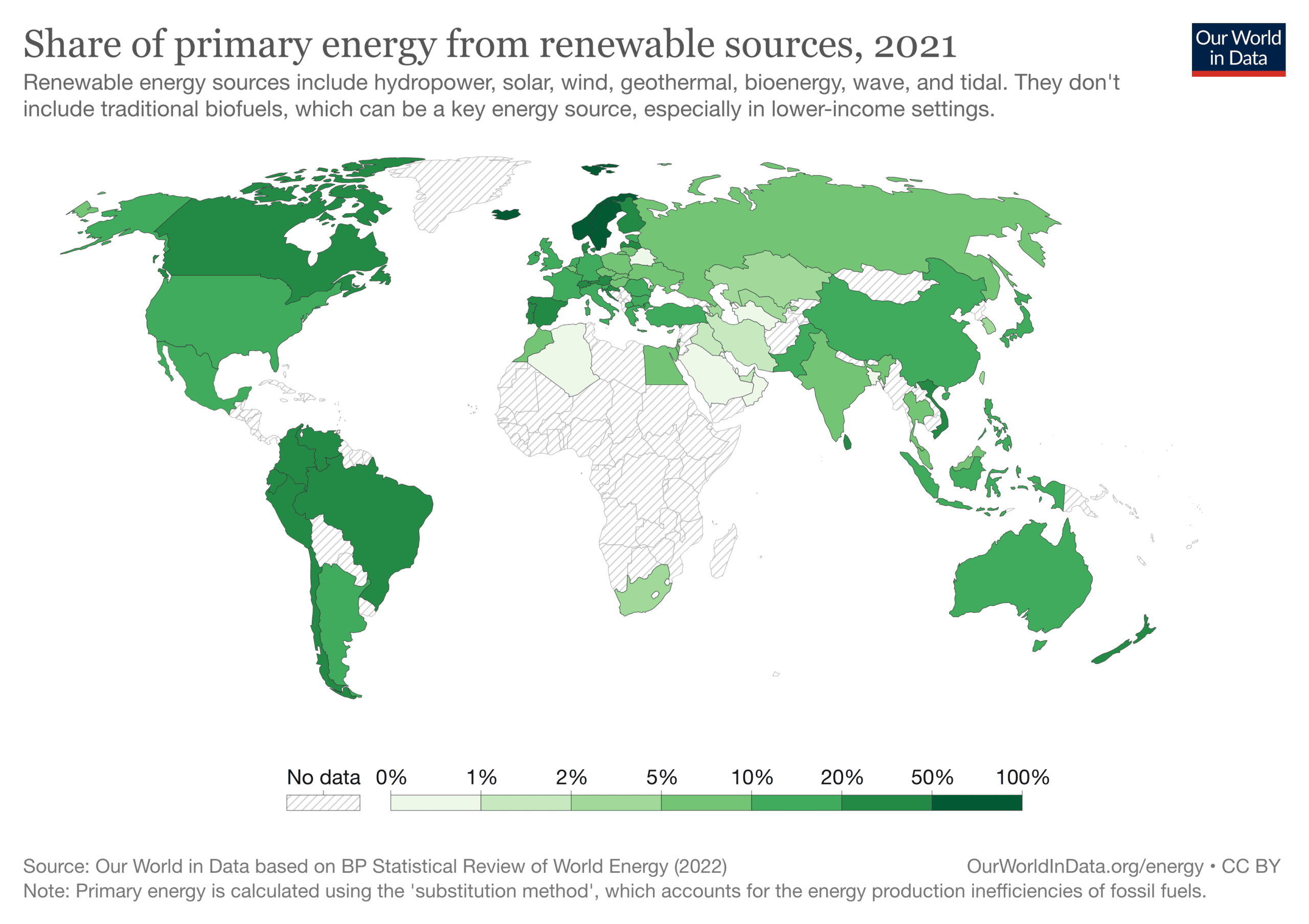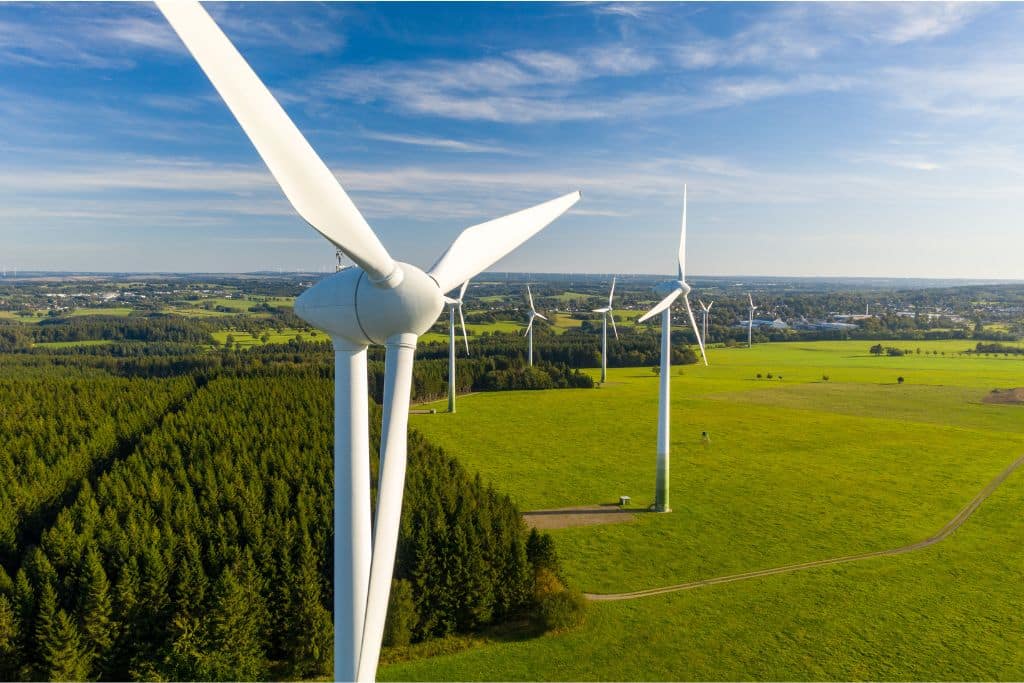According to the IEA’s latest report, the war in Ukraine and rising fossil fuel prices have contributed to speeding up the development of renewable energy, which is now on track to overtake coal and become the largest source of global electricity in the 3 years’ time.
—
Renewable energy will become the largest source of global electricity generation by 2025 and by 2027, the world will have twice as much renewable capacity as in the previous five years, the International Energy Agency (IEA) said.
The promising findings were unveiled yesterday in Renewables 2022, the IEA’s latest report on the market’s current status.
According to the Agency, the global energy crisis has triggered an “unprecedented momentum” in the renewable sector, forcing countries to find alternatives to replace increasingly expensive fossil fuels and speed up the development of solar, wind, and other clean power sources.

Source: Our World in Data
You might also like: Wind and Solar Power Production in EU Hits Record Amid Energy Crisis
The European Union, whose countries have heavily depended on Russian gas for decades, has scaled up renewable energy massively in recent years. Early data suggests that 2022 is on track to be a record year for the European solar photovoltaic market. By 2030, the share of renewables in the EU’s energy mix is expected to reach 69%, compared to last year’s 37%.
The growth in renewable energy capacity has saved the EU approximately €99 billion (US$97 billion) in avoided gas imports between March and September, a recent report by the European Commission has found.
But Europe is not alone. China, the United States, and India – whose economic growth has largely been fuelled by coal and gas – have made great strides in their commitment to shifting to alternative energy sources in light of their net-zero targets.
According to the IEA, China will remain a “dominant player” and will account for almost half of all new global renewable power capacity additions over the next five years. Meanwhile, the US Inflation Reduction Act – the biggest climate bill in the country’s history – has provided significant support for the expansion of renewable energy.
You might also like: 5 Interesting Renewable Energy Facts


















